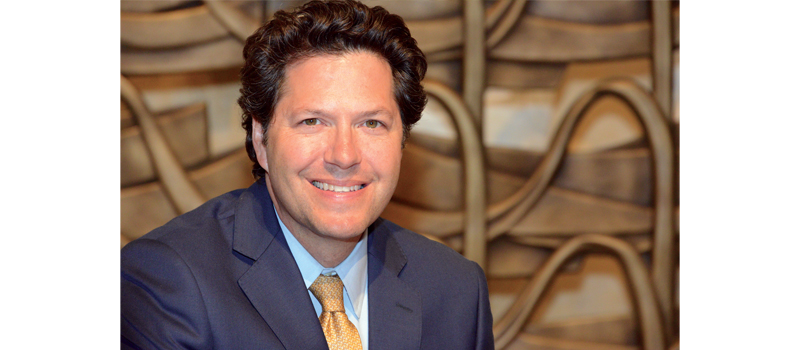Recently I helped enter an eight-day-old boy into a covenant that is thousands of years old. That’s a privilege.
I remember when at moments like these I would place my hands on the baby’s head as I offered a blessing. I remember asking the parents if I could hold the child in my arms. I remember hugging the family, shaking hands with the grandparents, and then, after the ceremony, sharing a festive meal together.
In just a few months, these moments that were once regular parts of our lives — touching, holding, standing near one another — have become memories.
As is often the case, Memorial Day, a time to reflect on the more than one million American lives lost in battle since the Revolutionary War, and Shavuot, our holy day celebrating the gift of Torah, come together this week. We pause on Monday to remember the ultimate sacrifice made by others and this coming Thursday evening and Friday, we recall the mythical-historical moment of our People’s encounter with God at Sinai. And this year, these two days come at a time of a global pandemic. We find ourselves remembering wistfully what our lives were like just a few months ago as we mourn the almost 100,000 American lives lost to this virus along with hundreds of thousands of others around the globe.
The Jewish — and human — imperative to remember brings us meaning, strength, and hope. It enables us to see our lives as part of a larger, unfolding narrative. This helps us make sense of our world and our place in it. Memory can help us to endure difficult moments, reminding us of how our predecessors, members of our immediate and extended human family, survived their own challenges, trials, and tribulations. And this gives us hope, reminding us that, like those who came before us, we, too, can endure, survive, and, ultimately, transcend.
So remember those hugs and those moments of gathering. We will enjoy them again before too long. Remember all those who have made our lives possible through sacrifice, bravery, and love. And remember the story of our People and the mission it points us towards. At Sinai, our tradition teaches, the ultimate mitzvah, the very purpose of our lives, was revealed: “Love your neighbor as yourself. I am the Eternal.” To know meaning, to know God, to know what must be done is to love the other.
For now, for this moment, the way we express that love must change so that we can keep each other safe. But soon enough, in the grand sweep of time, we will be able once again to embrace each other, to cradle a newborn infant in our arms, to smile at one another without a mask separating us, to sing together, to be together. Until then, we have our memories for meaning, for strength, and for hope.
Rabbi Yoshi Zweiback
P.S. Join me for weekly Talmud Study, meditation and reflection in my Book of Life class, and for Shabbat services on Facebook or our web site.


